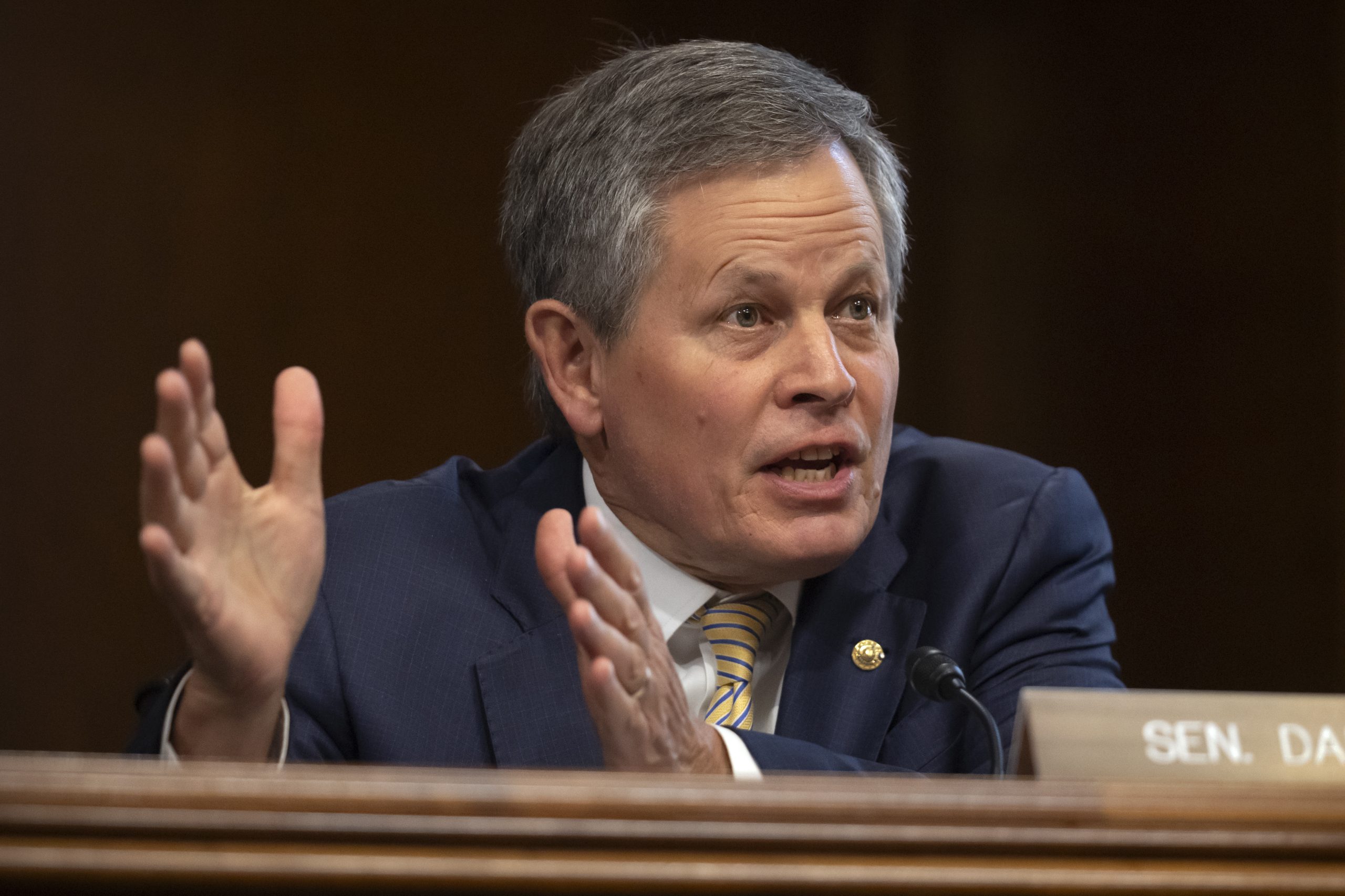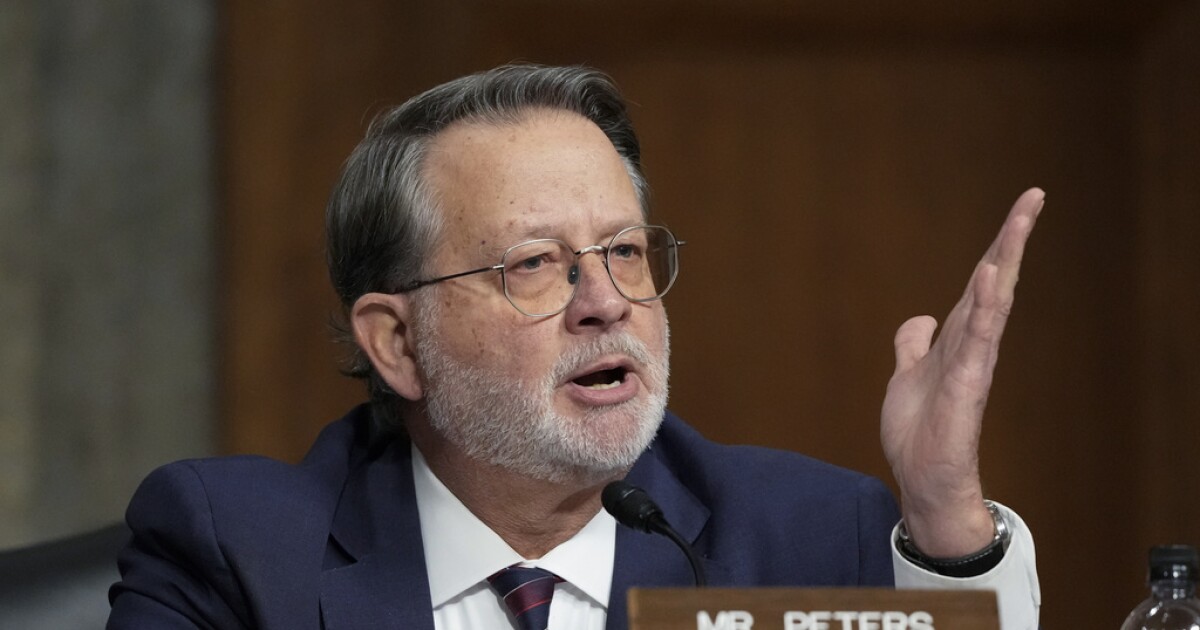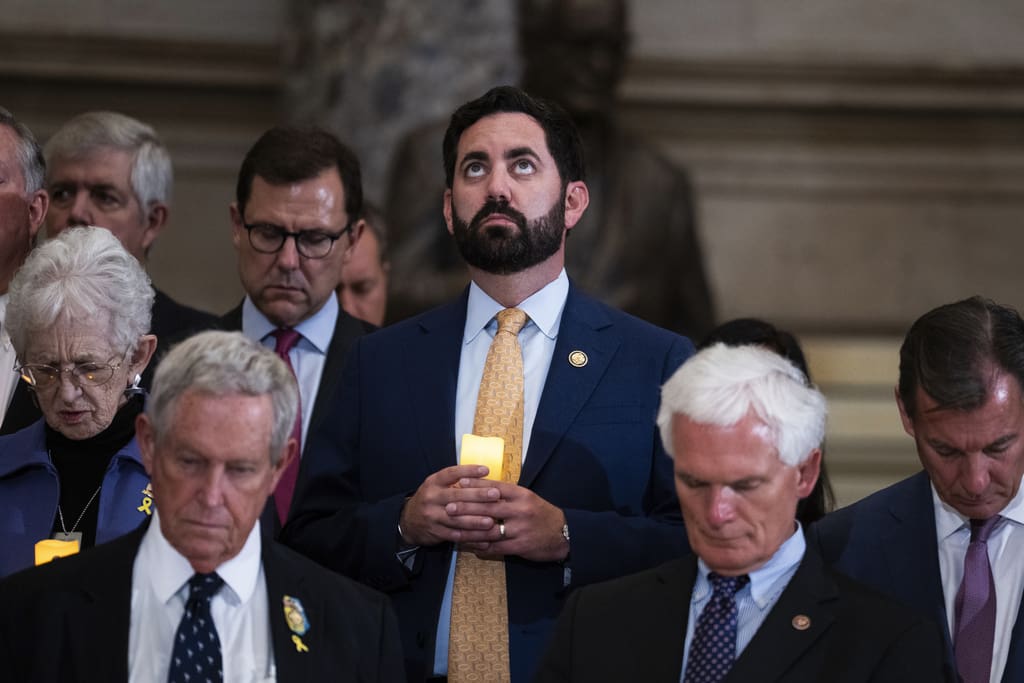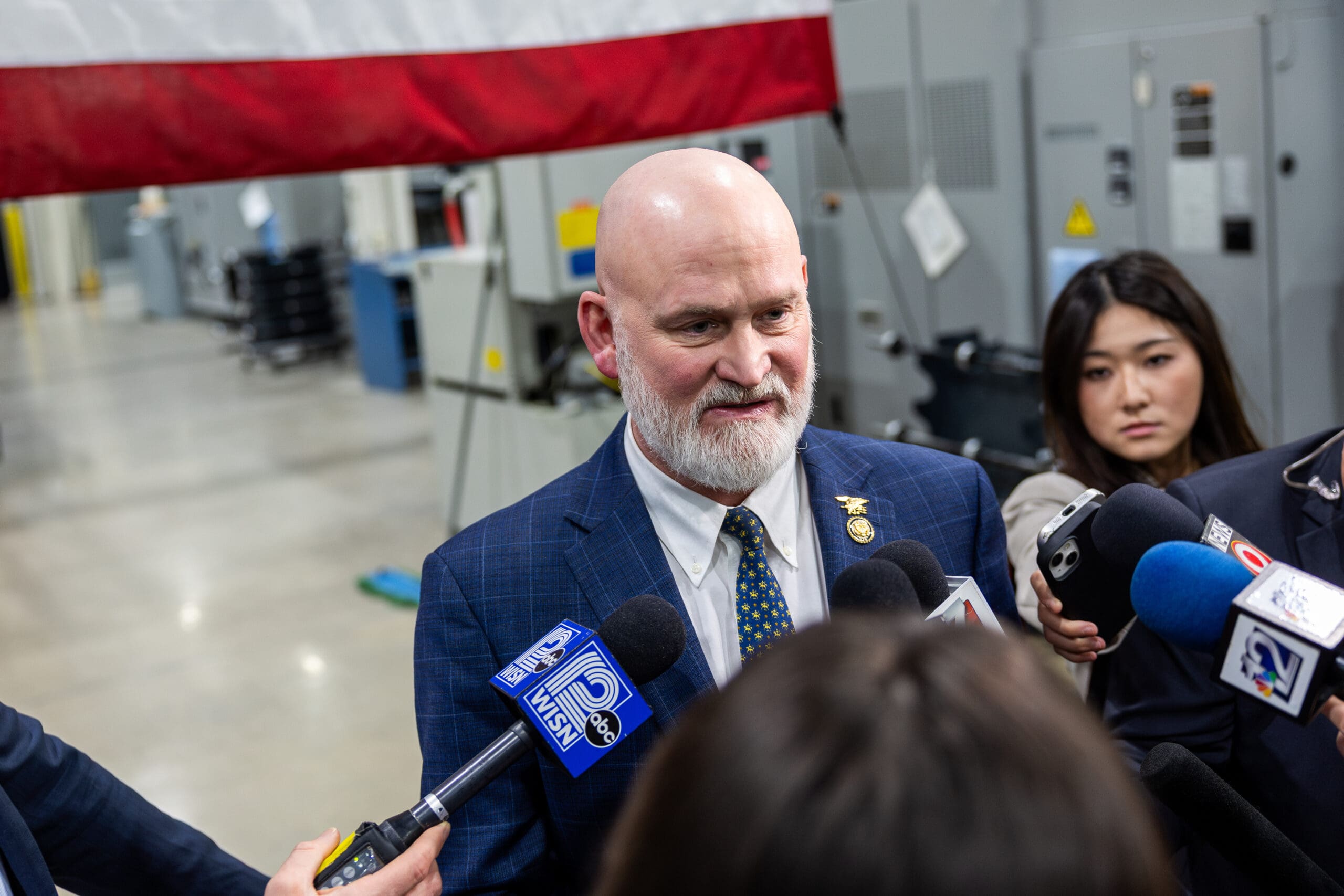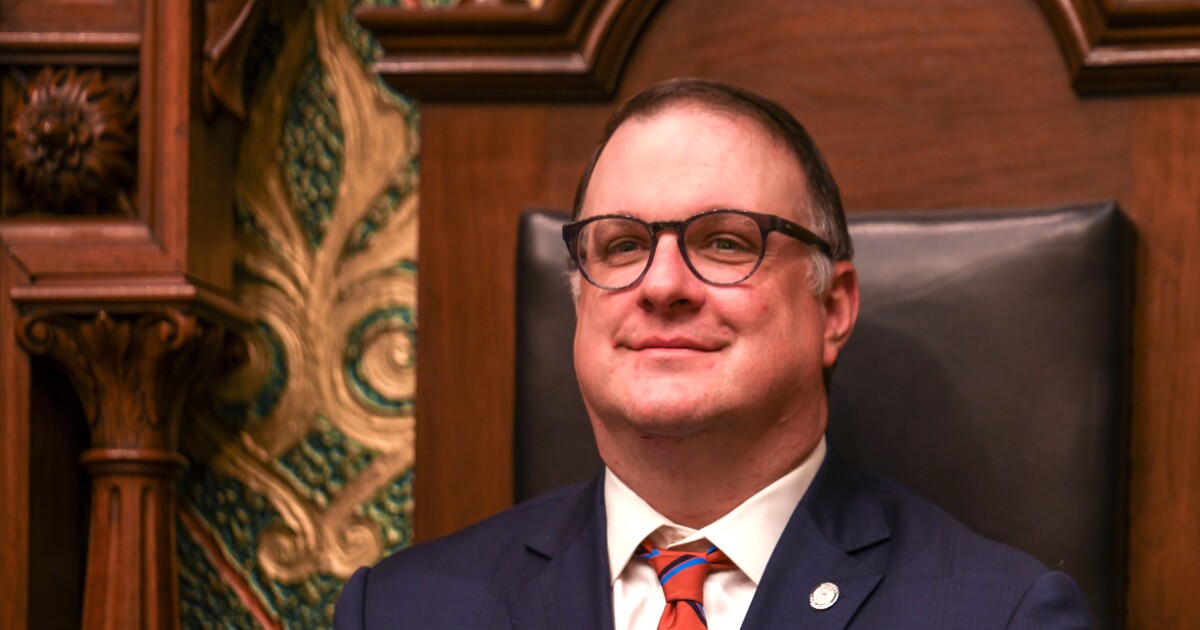The Department of Labor and Industry in Montana is reevaluating a rehabilitation and monitoring program for healthcare professionals struggling with addiction and mental health issues. An advisory council, established following a critical audit report, recent tragedies, and concerns from lawmakers, met to discuss necessary changes.
At the October 2 meeting, the council recommended extending the contract with Maximus, Inc., the Virginia-based vendor, until late 2026. This extension aims to allow time to reconsider the program’s structure and determine requirements for future vendors. However, some members requested a shorter extension, citing dissatisfaction with the current program’s punitive approach and financial burdens on participants.
Jean Branscum, a council member and Montana Medical Association president, emphasized the program’s ineffectiveness, stating, “It’s not working.” She highlighted that participants do not feel supported or improved through the ongoing process.
Montana’s legal obligation to offer an addiction monitoring program encompasses over 62,000 licensees across six professional boards. Since 2023, the program has been managed by Maximus, succeeding the Montana Professional Assistance Program, which lost its contract amid allegations of harassment.
The transition to Maximus included a brief period when state employees attempted to manage the program, causing unrest among licensees. Many former participants had preferred the nonprofit’s peer support-driven approach.
During the meeting, Russ Motschenbacher from the Board of Nursing suggested a careful evaluation period. “I think it is best to at least do a six-month to a year extension,” he said, stressing the importance of a thoughtful transition.
The council supports consulting addiction medicine specialists and mental health experts to refine the program. Jim Guyer of the Board of Medical Examiners referenced the recent suicide of a nurse in the program, urging consideration of the former model’s supportive elements.
Council members advocated for collecting more participant feedback to guide reforms, although no participants spoke during the public comment session of the virtual meeting. The council concluded without scheduling its next meeting.
—
Read More Montana News



